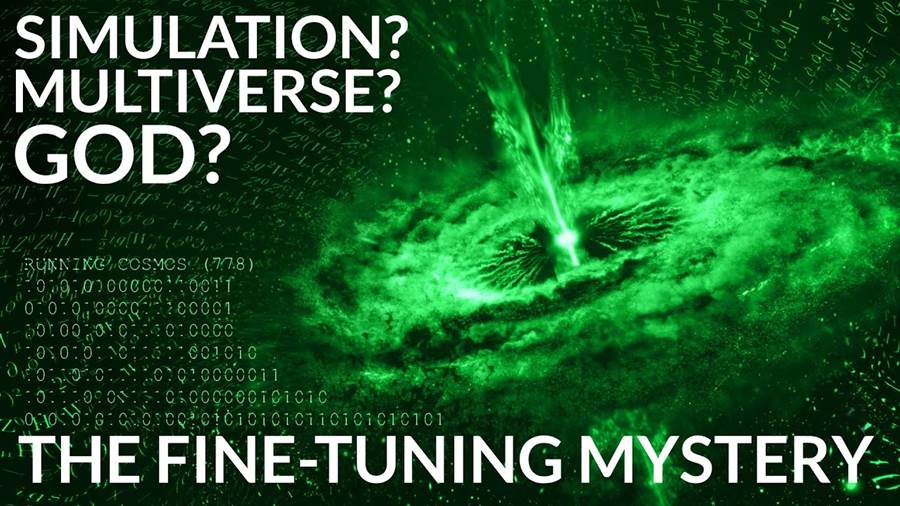
The universe, in all its vastness and complexity, is a striking testament to perfection. From the harmonious dance of celestial bodies to the intricate workings of subatomic particles, every aspect of this vast expanse seems to be meticulously engineered to support life. The question that naturally arises is: Why is the universe perfect? How is it that the cosmic forces and physical laws align so flawlessly?
To answer this question, we must first appreciate the numerous factors that contribute to the universe's exquisite harmony. At the heart of it all lie the fundamental constants, such as the speed of light, Planck's constant, and the gravitational constant.
Furthermore, the universe is governed by fundamental physical laws, such as gravity, electromagnetism, and the strong and weak nuclear forces. These laws provide the framework within which all phenomena occur, from the formation of galaxies to the behavior of subatomic particles. Remarkably, these laws exhibit a delicate balance, enabling the emergence of stars, planets, and the necessary conditions for life.

Within this carefully constructed framework, the universe exhibits remarkable order and organization. Galaxies are distributed in an almost filamentary structure, forming a cosmic web that facilitates exchange of matter and energy. Stars are born and die, synthesizing heavy elements that are essential for the existence of life. Planetary systems form, providing suitable environments for the nurturing of life.
Moreover, the universe displays an astonishing level of fine-tuning. The concept of anthropic principle suggests that the fundamental constants and physical laws are precisely set to allow the existence of intelligent life.
While the question of why the universe is perfect remains a subject of debate, various explanations have been posited. Some argue that the universe we observe is just one of a vast number of possible universes, and we happen to inhabit the one that is suitable for life. Others propose the existence of a grand designer or intelligent creator who fashioned the universe with its intricate order.
In conclusion, the universe's perfection is a captivating puzzle that continues to baffle scientists and philosophers alike.








